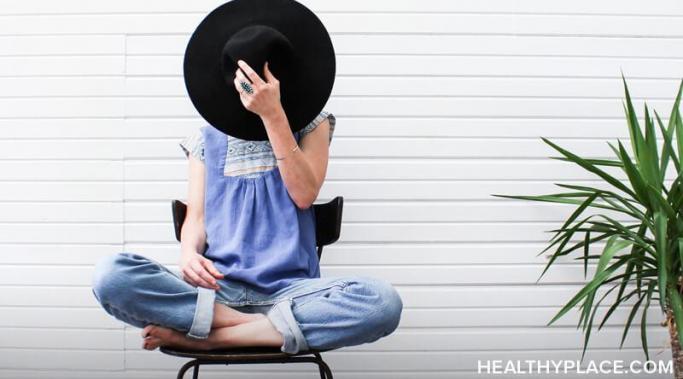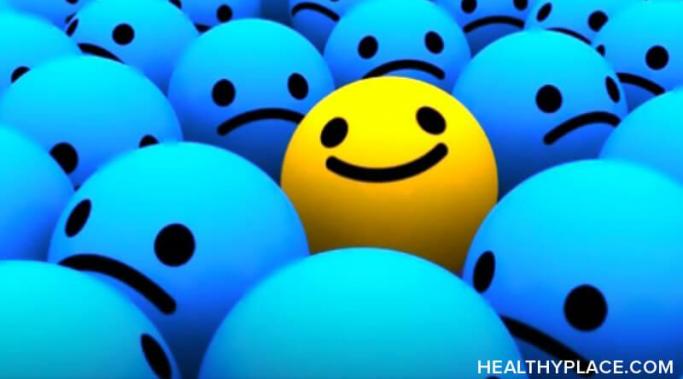Blogs
I am a different person than I was before my mental illness. The year was 2004. I knew I needed help and my parents invited me home. My mental illness was paralyzing, and although I had big dreams, my life was at a standstill.
How do we deal with those uncomfortable, awkward encounters with people from our past? We all have people who made us feel uncomfortable in the past. What happens when we run into these people after not seeing them for a long time? To learn about how to deal with uncomfortable, awkward encounters, read this article.
Self-acceptance in recovery and self-love in recovery are both great goals to strive for, but for people like me, with deep-seated self-loathing issues, self-love oftentimes feels far out of reach. That's why I'm learning to turn to self-acceptance in recovery.
Flashbacks are one of the main symptoms of posttraumatic stress disorder (PTSD), but many people haven't heard of a PTSD body memory flashback. I experience PTSD body memory flashbacks. Here's what they feel like.
Although many people struggle to set boundaries in relationships, doing so can drastically improve your mental health in the long run. For years, I would passively agree to anything that anyone asked of me. If I wanted to say no, my anxiety and depression would infiltrate into my thoughts, telling me that I had to go above and beyond to make people approve of me. I was seeking approval and admiration in the least healthy ways, and this began to take a toll on my mental health. Eventually, I felt empty. Setting boundaries in relationships has a lot to do with self-care, in my opinion. If you are feeling burnt out from a lack of pre-set limits, you are swiftly losing your emotional energy and potentially your sense of self.
Social media and anxiety have a relationship although we're not quite sure what it entails. Tell me if this sounds familiar to you: You're at work, at home, or on the train between the two, and you pop onto social media. You go down the rabbit hole, and 15 minutes later you realize you've been immersed in this virtual platform without noticing the time passing by. And strangely, despite feeling fine during this immersion, you find yourself feeling worse after you're finished. You're likely experiencing the relationship between social media and anxiety.
It's normal to want to give up on treatment for bipolar disorder if treatment keeps failing. Believe me, I get this. I've been there. It's understandable. Failure after failure after failure is really hard to deal with and it's tempting to want to give up. But should one really give up on bipolar disorder treatment ever?
I spent most of my time in active addiction fearful of what others would think about me; but when I slowly began to open up about my sex addiction, I was incredibly surprised by the reactions I received from people. Some individuals pleasantly surprised me with their love and support, others made me feel like a piece of garbage, and a few of them completely creeped me out. Nonetheless, I am grateful I finally spoke up about my sex addiction, because I know now that the reactions from other people (even people I love) don't get to define me.
Mental illnesses are devastating. Even when the dust settles after your initial diagnosis, it's hard to see how there can be anything positive about mental illness. However, recovery is full of surprises.
New research suggests that poor “interoception” – the process by which we notice and understand internal sensations, like how hungry or thirsty we are –- may contribute to eating disorders. It turns out that when it comes to disordered eating, the common stereotypes that restricting stems from an unrelenting quest for thinness and bingeing is due to a lack of self-control are wrong.









